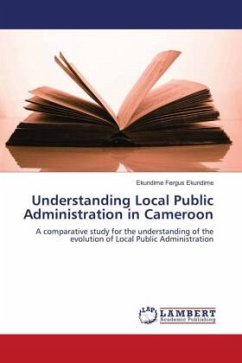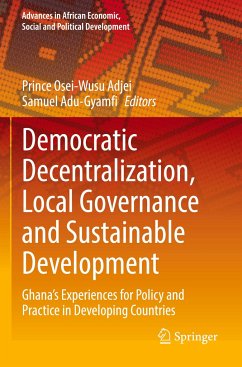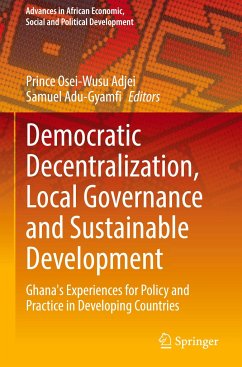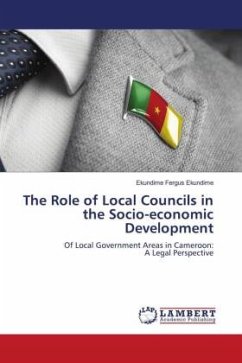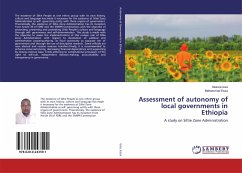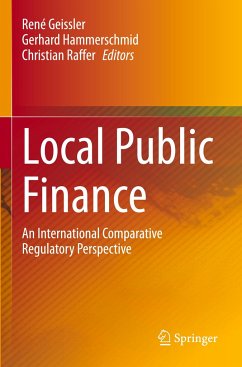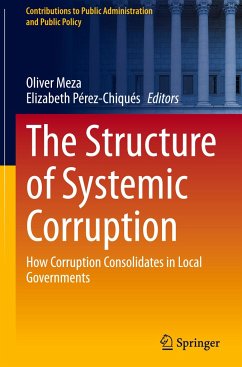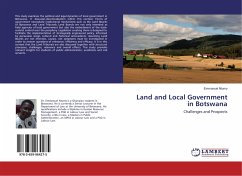
Land and Local Government in Botswana
Challenges and Prospects
Versandkostenfrei!
Versandfertig in 6-10 Tagen
19,99 €
inkl. MwSt.

PAYBACK Punkte
10 °P sammeln!
This study examines the political and legal dynamics of local government in Botswana. It discusses decentralization within this context. Forms of government necessitate institutional mechanisms such as the Land Boards of Botswana and Land Tribunals. Land Boards are not only intended as field agencies of local government but also the embodiment of the state-centrist control over the periphery. Legislation creating them is designed to facilitate the implementation of strategically engineered policy, informed by persuasive social, cultural and historical antecedents. Assuming Land Boards are not ...
This study examines the political and legal dynamics of local government in Botswana. It discusses decentralization within this context. Forms of government necessitate institutional mechanisms such as the Land Boards of Botswana and Land Tribunals. Land Boards are not only intended as field agencies of local government but also the embodiment of the state-centrist control over the periphery. Legislation creating them is designed to facilitate the implementation of strategically engineered policy, informed by persuasive social, cultural and historical antecedents. Assuming Land Boards are not effective, causes, not symptoms must be investigated in order to answer questions of relevance, efficiency and efficacy. It is in this context that the Land Tribunals are also discussed together with structural processes, challenges, relevance and overall effects. This study provides relevant insights for students of public administration, academics and civil servants.



